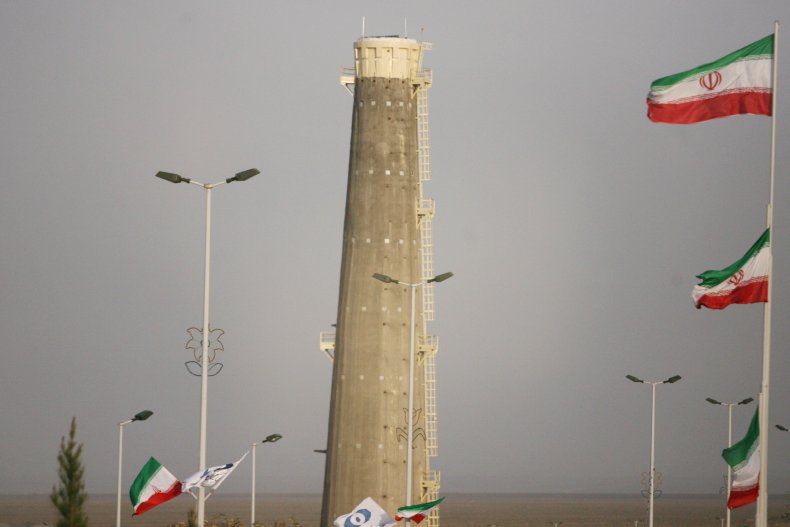Iran Blames 'Nuclear Terrorism' as Atomic Plant Blackout Stokes Mideast Tensions
Tehran government officials said a suspicious Sunday blackout at a major uranium enrichment facility is "nuclear terrorism," likely orchestrated by foreign actors seeking to disrupt Iran's controversial nuclear program.
Iranian officials on Sunday lashed out after a "desperate move" caused the Natanz uranium enrichment facility in central Iran to have an electrical blackout. Civilian nuclear program workers said the "accident" suddenly disrupted the plant's electrical distribution grid. The head of the Atomic Energy Organization of Iran stopped short of accusing any specific country for the likely "cyberattack" Sunday, but Ali Akbar Salehi vowed to beef up the country's nuclear program despite ongoing Western efforts to reach a denuclearization deal. Power at the Natanz facility was cut off just after Iranian scientists installed new advanced centrifuges to speed up the uranium enrichment process.
The Iranian atomic head's accusation of "nuclear terrorism" continues to raise Middle East tensions, particularly with Israel. Numerous Iranian nuclear scientists have been assassinated in recent years, with Tehran pointing blame toward Mossad or other covert Israeli military forces.
"To thwart the goals of this terrorist movement, the Islamic Republic of Iran will continue to seriously improve nuclear technology on the one hand and to lift oppressive sanctions on the other hand," Salehi said Sunday, according Iranian state TV.
"While condemning this desperate move, the Islamic Republic of Iran emphasizes the need for a confrontation by the international bodies and the [International Atomic Energy Agency] against this nuclear terrorism," he added.
The International Atomic Energy Agency (IAEA) told the Associated Press Sunday it was aware of media reports about the Natanz blackout incident but did not elaborate. As the AP reported Sunday afternoon, "if Israel caused the blackout," then ongoing denuclearization talks between the U.S., Israel and other Western countries could be derailed entirely.
Iran's civilian nuclear agency said there no deaths tied in the incident, but spokesman Behrouz Kamalvandi declined to answer Iranian state television questions if it was a "technical defect or sabotage."
"We still do not know the reason for this electricity outage and have to look into it further," Kamalvandi Iran state TV Sunday. "Fortunately, there was no casualty or damage and there is no particular contamination or problem."
Israeli media, which has close ties to the country's military and intelligence agencies, described the seemingly sudden incident as the result of a cyberattack or other deliberate act of disruption. The attack reportedly darkened the Natanz facility which is the new home of sensitive centrifuges which were set to dramatically increase uranium enrichment.
This story is developing, please check back with Newsweek briefly for additional details.


